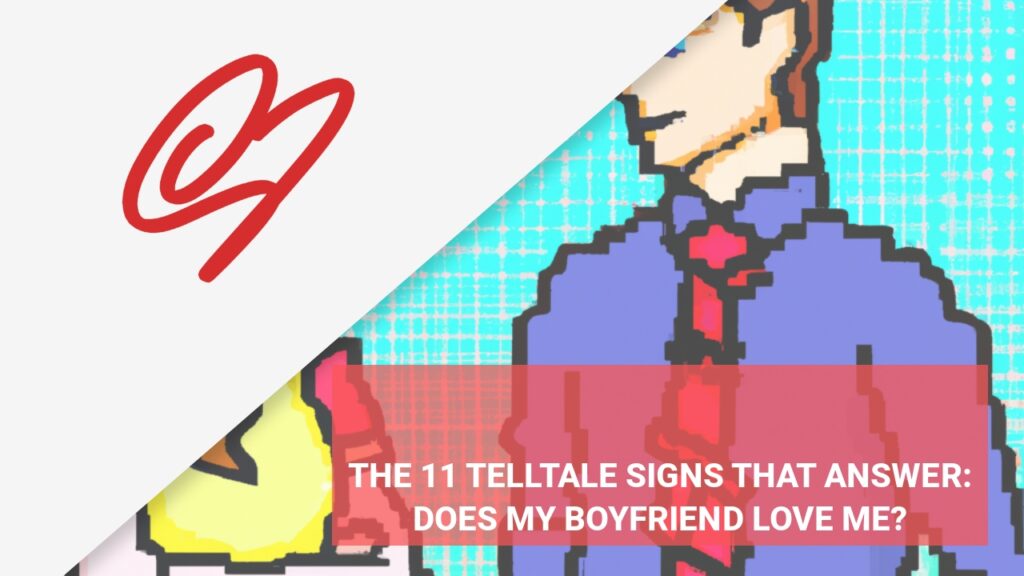It’s an uncomfortable topic for many, but it’s important to know the signs and symptoms of emotional or mental abuse in your relationship.
Emotional abuse sits like an uninvited guest in the living room of many relationships, often invisible but deeply felt. It’s a subject that makes many squirm, yet understanding its nuances could be the lifeline someone desperately needs.
Have you ever found yourself questioning the health of your relationship, wondering if the emotional turmoil you’re experiencing is normal or a sign of something more sinister?
Emotional abuse is a master of disguise, cloaking its victims in a veil of self-doubt and isolation. Unlike its physical counterpart, the scars are internal—manifesting as a cocktail of anxiety, depression, and a shattered self-esteem.
Imagine living in a world where your every move, word, and choice are under the microscope of someone you love, where support and affection are replaced with criticism and control. That’s the reality for those entangled in the web of emotional abuse.
What Exactly Is Emotional Abuse?
At its core, emotional abuse is about power and control, a relentless assault on your psychological well-being aimed at diminishing your sense of self and independence. Think of it as being trapped in a psychological thriller, where the antagonist uses manipulation, fear, and isolation as their weapons of choice.
- Isolation: Cutting you off from your support network, making you solely dependent on them.
- Verbal Assaults: A barrage of insults, belittling jokes, and constant criticism.
- Gaslighting: Making you question your own reality, eroding your confidence in your perceptions and memories.
- Control Freakery: Dictating your finances, appearance, and even your social interactions.
This insidious form of abuse is a chameleon, adapting and evolving, making it particularly hard to recognize and confront. But why is it so devastating? Because it attacks the very essence of who you are, leaving many feeling lost, worthless, and alone.
Spotting the Signs: Is Your Partner Emotionally Abusive?
Think of emotional abuse as a poison, slow-acting but deadly. It doesn’t announce its presence with a bang but rather creeps up on you, making it all the more dangerous. So, how do you spot something so adept at hiding in plain sight?
- Belittlement in Disguise: Does he put you down, then pass it off as “just joking”?
- The Puppet Master: Is he dictating every aspect of your life, from what you wear to who you see?
- The Liar’s Parade: Are his stories full of inconsistencies, leaving you constantly second-guessing?
- The Cold Shoulder: Does he withdraw affection as punishment?
If these scenarios feel uncomfortably familiar, it might be time to take a closer look at your relationship. Remember, acknowledging the problem is the first step towards reclaiming your power and self-worth.
Facing the Beast: Confronting an Abusive Partner
Confronting an abuser is like walking a tightrope—fraught with risk, yet necessary for your liberation. It’s a delicate dance, requiring strategy, support, and a whole lot of courage.
- Rally the Troops: Seek strength in numbers. Before you confront him, make sure you have a solid support system in place.
- Stay Zen: Keep your cool. Escalating the situation could backfire spectacularly.
- Script It: Know what you want to say. Writing down your thoughts can help you stay focused and articulate your feelings clearly.
Remember, this conversation isn’t about winning an argument; it’s about setting boundaries and expressing your needs. If the situation doesn’t improve, or if you find yourself in danger, it’s time to seek professional help.
Seeking Sanctuary: Where to Turn When the Going Gets Tough
Sometimes, despite your best efforts, the cycle of abuse continues. When that happens, know that it’s not a reflection of your worth or strength. There are countless resources at your disposal, from hotlines and shelters to counseling services, all designed to help you navigate this tumultuous journey towards safety and healing.
You’re not alone. Reaching out for help is not a sign of weakness, but a testament to your resilience. Remember, speaking up against abuse isn’t just about finding your freedom—it’s about reclaiming your voice and your life.

